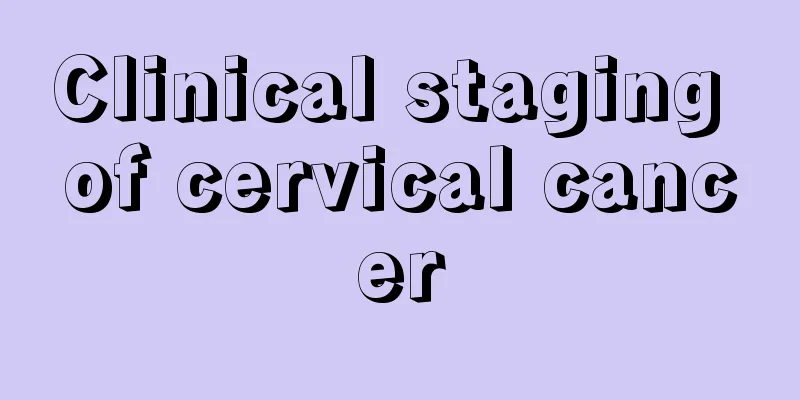What should I pay attention to when my surgical scar is red and swollen

|
When people suffer from serious diseases that cannot be treated with drugs, they must resort to surgical treatment, because surgical treatment can completely remove the lesions and cut off the basis for the development of the disease. However, surgery often has certain side effects. For example, deeper scars will be produced after the operation, and the recovery period is slow. The scars will become red, swollen and painful in the later stage, which makes the patients very painful. Let’s take a look at what we should pay attention to when surgical scars become red and swollen? It is considered to be a symptom of scar hyperplasia. Scar hyperplasia often causes symptoms such as itching, tingling or burning pain, irritability or local hypersensitivity. Currently, the better method is to use scar removal equipment in combination with drugs to repair the scars without surgery, which can promote scar fading, restore the scars to a smooth and flat state, close to normal skin. Scars caused by general surgery are usually best treated one week after the stitches are removed and the scabs on the surface fall off; If the scar hyperplasia is caused by surgery a long time ago, the treatment is not affected by the season. As long as there is time and method, you can go to the hospital for treatment. The treatment of surgical scar hyperplasia requires persistence and continuity, generally once a month, and requires about 3 to 5 times. It uses non-surgical treatment methods, does not require bandaging, and will not affect normal work and life. Note: Surgical removal of scars will only make them worse, because the hyperplastic scar connective tissue is also very unstable. Rainy days, eating hot peppers, drinking alcohol, and inflammation will irritate the scars, causing itching, redness and swelling. If the skin on the scar is broken, it generally will not grow any larger, but it is always not good to be irritated again. First, use hydrogen peroxide, saline solution, etc. to thoroughly rinse the local area, apply iodine, alcohol, etc. for disinfection, bandage as appropriate, strengthen hygiene, keep the local area clean, avoid adverse stimulation, eat a reasonable diet, increase nutrition, supplement vitamin C, etc., use antibiotics such as penicillin, erythromycin, inject tetanus antitoxin, etc. as appropriate, and most cases can get better. Specific details should follow the guidance of the clinical physician. |
<<: What are some effective ways to get rid of itchy scalp?
>>: How to remove formaldehyde? Effective methods to remove formaldehyde
Recommend
Can I brew tea in a sterling silver cup?
People who like to drink tea must learn more abou...
What are the side effects of Luobu Ma Ye
Luobu Ma has some side effects on the human body....
Can I go to the toilet if my water breaks
Amniotic fluid is an extremely important product ...
The difference between a juicer and a blender
The blenders and juicers in daily life are two di...
What are the names of Tibetan medicines?
Tibetan medicine is something we are quite famili...
What to eat after uterine cancer surgery? Foods that can be eaten after uterine cancer surgery
Women should pay special attention to their diet ...
What does triglyceride mean
When we talk about triglycerides, many people don...
Symptoms of egg rejecting sperm
The egg rejecting sperm is the main factor leadin...
What soaks in water and has the effect of clearing the liver and promoting bile secretion
The liver is the largest detoxification organ in ...
Why does eating watermelon on an empty stomach cause stomach pain?
Watermelon is a common fruit in our daily life. I...
How long is the service life of dentures
Many people have experienced that dental problems...
What are the taboos of red bean, coix seed and gorgon fruit porridge
Red bean, coix seed and Euryale ferox porridge ha...
What to do if there is no nose tip
Love of beauty is human nature. For a person, it ...
Fosfomycin calcium tablets
Fosfomycin calcium tablets are a very common medi...
What are the symptoms of neuromyelitis?
Disease is a great destructive factor to people&#...









